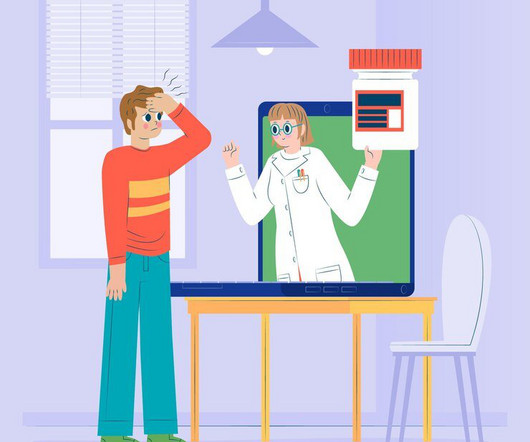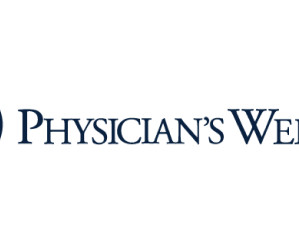Need to See a Doctor Fast? Here’s How Urgent Care Could Save Your Day
Plum Health
SEPTEMBER 20, 2024
These are the moments when you don’t have time to wait for an appointment with your primary care doctor, and the emergency room (ER) seems like overkill. We'll also touch on women’s health , mental health , and how to get the most out of your visit. What is Urgent Care?












Let's personalize your content